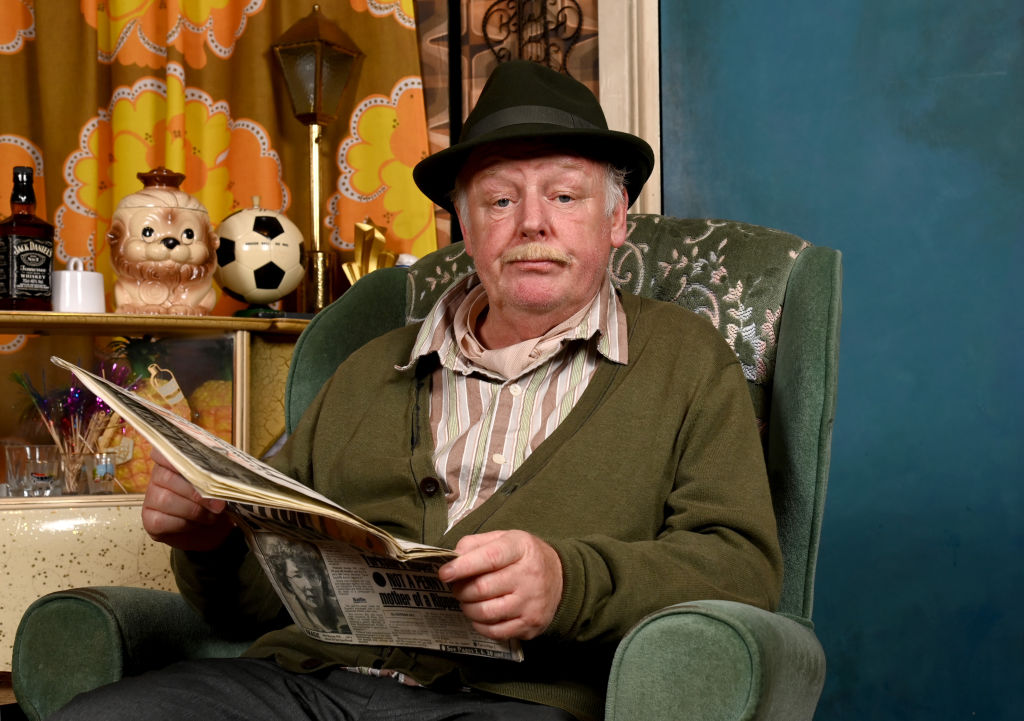Europe has millions of job openings but also millions of people still out of work, the European Commission said.
Noting the situation yesterday, it called for bonuses and training to get more people hired.
Wage growth is slowing across the eurozone even as labour shortages persist, the European Central Bank (ECB) said today — underlining what Brussels described as a “structural mismatch” between supply and demand for labour.
The EC also stressed that support should be aimed at those who remain systematically underrepresented in the labour market. Beyond the long-term unemployed, that includes women, migrants and minorities, as well as people with disabilities.
Brussels argued that targeted hiring bonuses and training schemes can help these groups gain access to jobs from which they are often excluded, but warned that subsidies must be carefully designed to avoid rewarding companies for hires they would have made anyway.
The ECB’s new wage tracker showed negotiated pay deals, including one-off payments, slowed to about 3.2 per cent growth in 2025 from 4.6 per cent in 2024.
Early signals for 2026 point to further moderation. The slowdown was broad-based across sectors, suggesting inflationary pressure from wages is easing even as many employers still report hiring difficulties.
Wage growth is a key measure for the ECB because rising pay can keep inflation higher for longer if companies pass the costs on to consumers. Slower wage growth gives policymakers more room to hold interest rates steady or even cut them but persistent labour shortages could push wages back up if competition for staff intensifies.
The EC said more than 2.5 million posts remain unfilled across the European Union, a gap it wants to close with targeted hiring bonuses, EU funds for training, and schemes to help workers move to where jobs are.
It urged member state governments to focus support on those furthest from the labour market — the young without qualifications, the over-55s and the long-term jobless — warning that untargeted subsidies risked paying for hires that would have happened anyway.
Belgium shows how hard that may be. Christofer Govaerts, chief strategist at Bank Nagelmackers, told Brussels Signal yesterday that the real challenge was not the number of jobs but the mismatch with those who have been out of the market for years.
Many lacked the IT or technical skills that vacancies now required. Retraining is essential but hard to deliver after long periods of inactivity.
He pointed to Scandinavia as an example of how to close that gap. In Denmark and Sweden, he said, employment services are more efficient, matching people quickly with roles close to their skills and obliging them to retrain when no equivalent jobs exist.
“If you’ve worked 10 years on aircraft engines and that sector is weak, they move you into ship engines with only a short course,” he said.
Those who repeatedly refused offers can lose benefits, but only after authorities make sustained efforts to guide them back into work. “The combination of obligations and real support is what makes the difference,” Govaerts added.
That approach echoes what the EC is now calling for: Bonuses and mobility schemes to get people into jobs but above all sustained investment in skills and targeted activation for those furthest from the labour market.
Without that, Govaerts warned, changes to benefit rules alone risked “simply shifting people from one statistic to another” without bringing them closer to real employment.
The ECB said the slowdown in wage growth gives policymakers some breathing room but it also warned that persistent labour shortages could still reignite upward pressure if hiring accelerates.
Denmark and Sweden have shown that strict job-search obligations combined with generous retraining can keep long-term unemployment far lower than the EU average.
If the EC’s new push for bonuses, mobility schemes and skills investment is to succeed, it will have to follow that same principle: Demanding more from jobseekers, while at the same time doing much more to guide them back into work.





